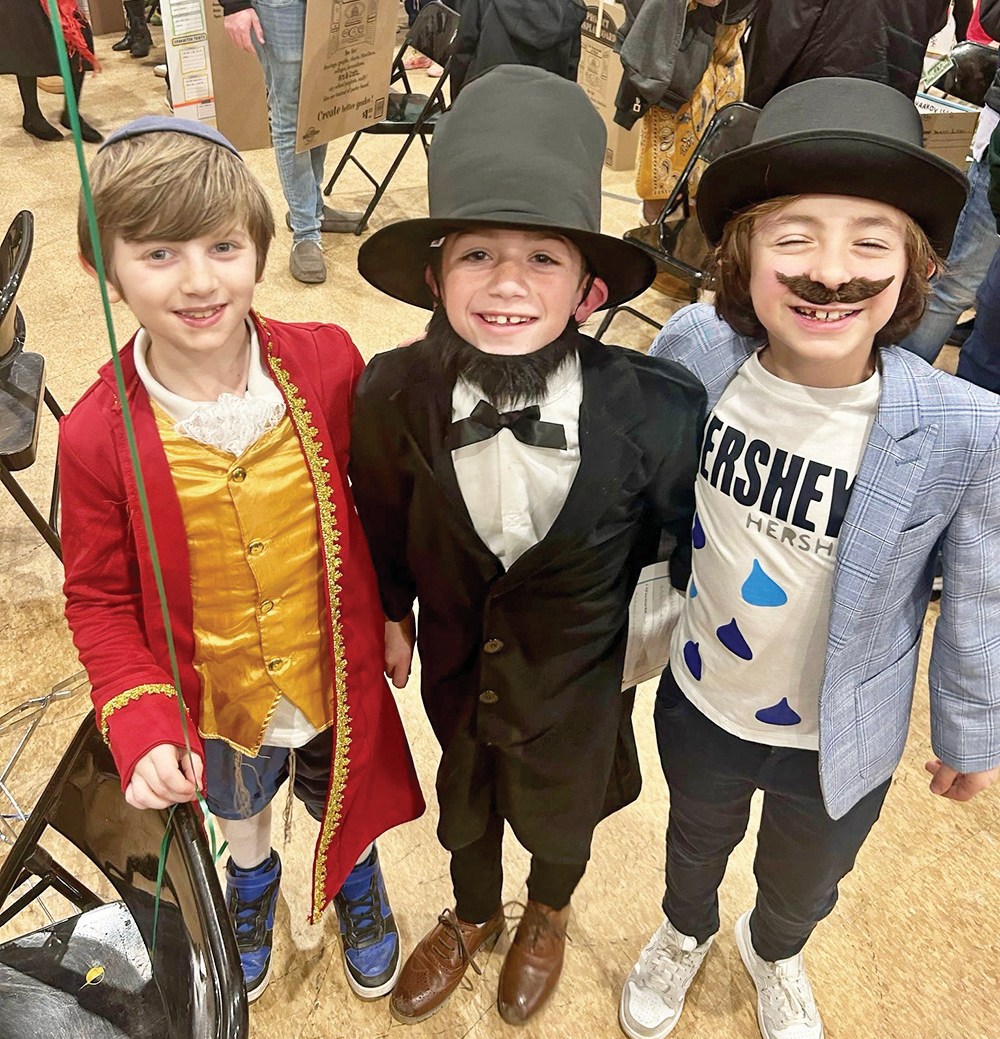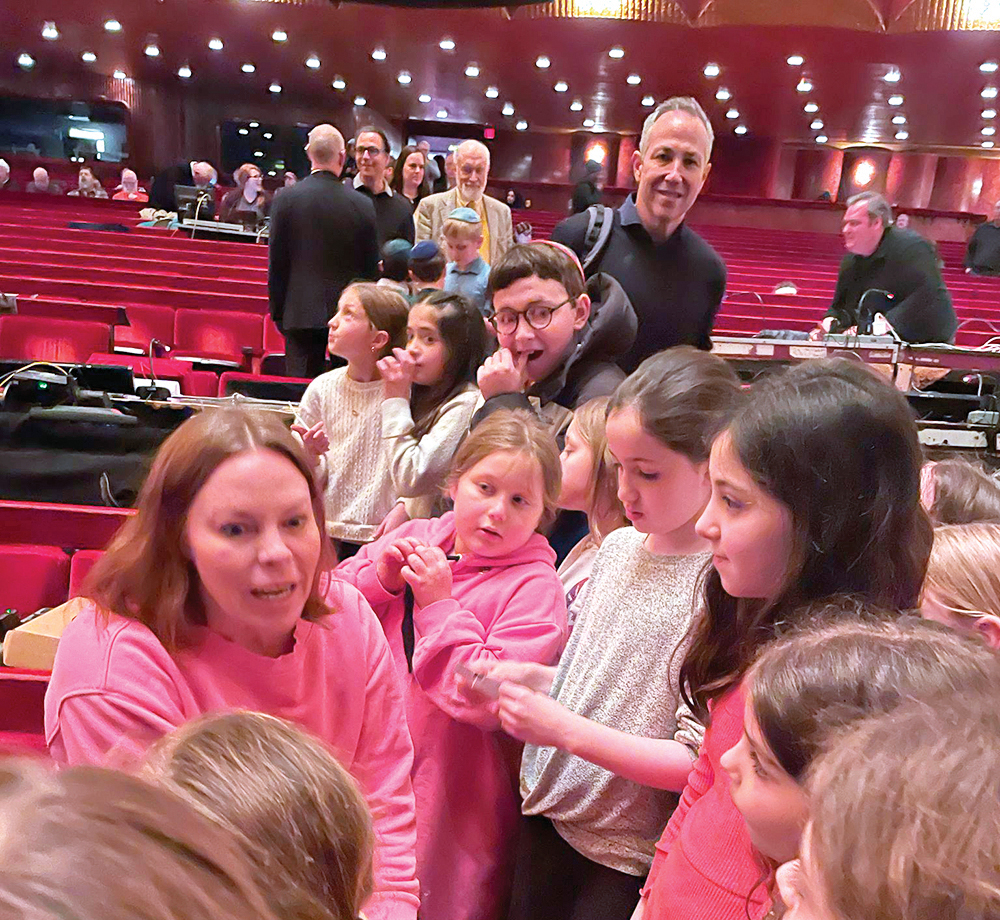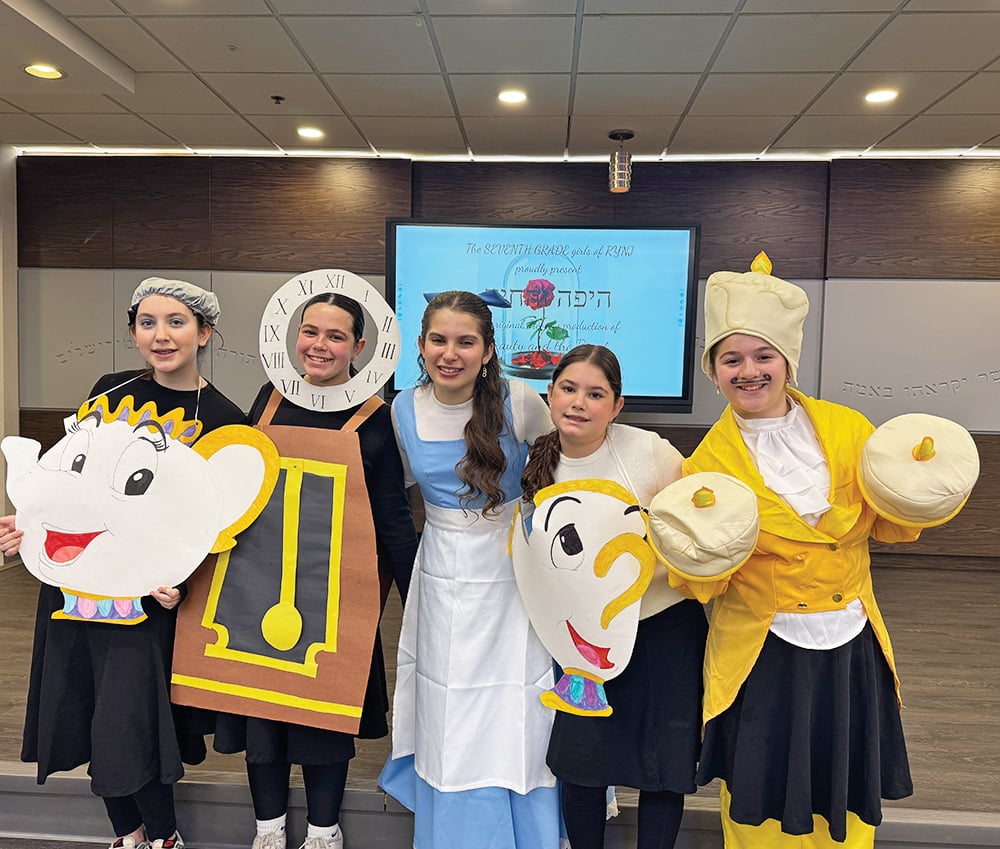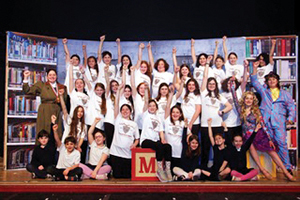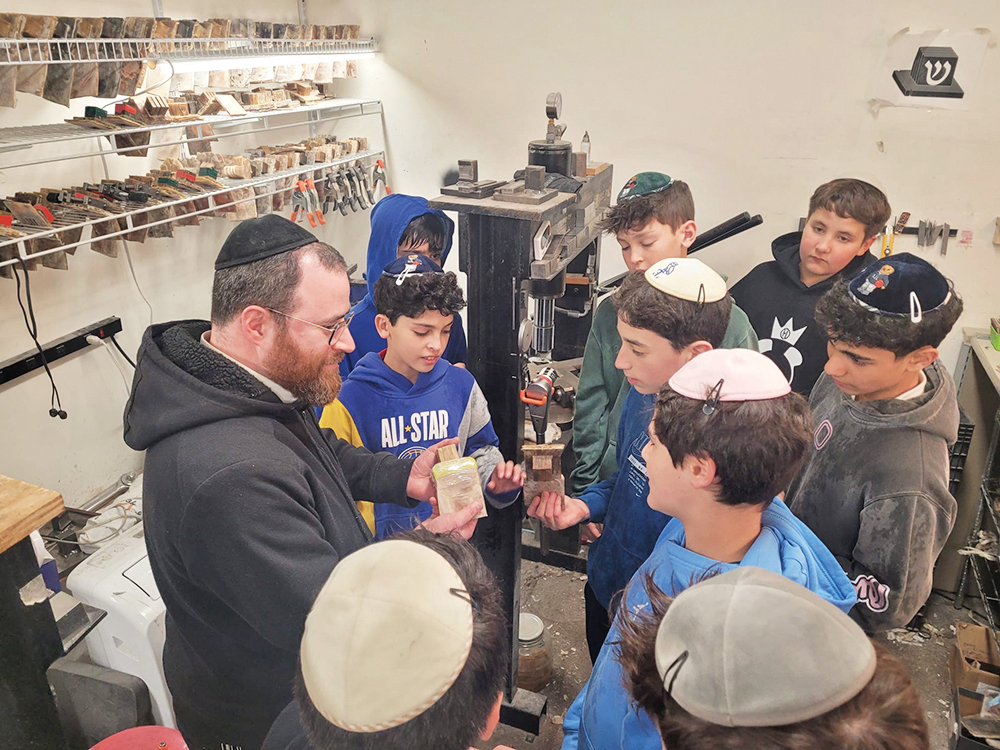
May these words of Torah serve as a merit le’iluy nishmat Menachem Mendel ben Harav Yoel David Balk, a”h, and Chaya Meira Nechama Beracha, a”h, bat Reb David Mordechai Fishel, Sheyichyeh.
This week we learned Chullin 108. These are some highlights.
Can a Jew attend a cooking school and observe the cooking of milk with meat?
Our Gemara discusses the prohibitions against cooking meat and milk and eating milk cooked with meat. We are also not allowed to derive any benefit from meat cooked with milk. A practical challenge about these laws applies to cooking schools. A young man in the United States wanted to learn to be an expert chef. He applied to a culinary school and gained admission. He then realized that they would be cooking milk and meat. He notified the school of his dilemma. They informed him that he would not have to perform the actual cooking. He could merely stand and observe while gentiles cooked meat and milk. By watching, he would learn the tricks of the trade. He approached Rav Zilberstein and asked if he was permitted to attend the school. The Torah repeats the prohibition against meat with milk three times. We learn from this repetition that we may not cook milk and meat, we may not eat meat cooked with milk, and we may not benefit from meat cooked with milk. Perhaps observing and learning is considered receiving benefit and therefore prohibited?
Rav Zilberstein points out that a comment by the Chazon Ish to a Gemara in Bechoros may shed light on our issue. Bechoros (45a) relates the following story. The Sages wanted to know how many limbs there are in the human body. The students of Rabbi Yishmael procured the body of a prostitute whom the king had ordered to be burned. They cooked the body and it came apart. They counted 252 limbs. Chazon Ish questioned how they could do this. One may not derive benefit from a lifeless human body. How could they use the body for the purpose of education? He answers that the act of looking is not a benefit. When the Torah prohibits deriving benefit, it is defined as being unable to gain something of monetary value from the item. One would not charge another individual for the privilege of looking at the pieces of a human corpse. Therefore, it was not prohibited for them to learn a matter of Jewish law from the body. Perhaps then we can state that one would be permitted to look at the cooking of milk and meat, for looking at a matter is not considered gaining benefit from it.
Rav Zilberstein ultimately concludes that our young man may not attend the cooking school. Chazon Ish argues that people do not charge others for the right to look at a dead body. However, in our case, the school charges tuition. The observing and learning in cooking school is a matter of value. It is worth money and one may not derive benefit from milk cooked with meat. Therefore, our young man should not attend the school as doing so will require him to benefit by learning commercially valuable secrets from meat cooked with milk. (Chashukei Chemed)
By Rabbi Zev Reichman
Rabbi Zev Reichman teaches Daf Yomi in his shul, East Hill Synagogue.



